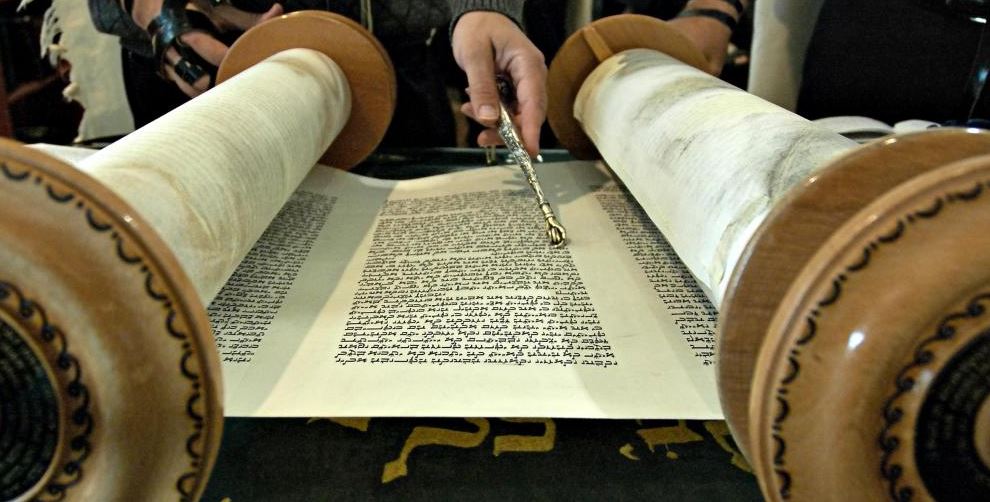
by Fr. Patrick Henry Reardon
When we search for Old Testament evidence that ‘Christ must rise,’ we should be prepared to look at the Hebrew Scriptures through the lens used by the New Testament writers. Simply put, what prophetic passage did they have in mind when they declared,
“it was necessary for the Christ to suffer and to rise from the dead the third day”?
A rather obvious answer, surely, appears in the Septuagint version of Hosea:
“On the third day we shall arise—en te hemera te trite anastesometha” (6:2).
It is nearly impossible not to think that this is the text Paul had in mind when he declared that Christ
“was raised on the third day according to the Scriptures—egegertai te hemera te trite kata tas graphas” (1 Corinthians 15:4).
Likewise, these “three days” in Hosea, I submit, certainly evoked in the minds of the first Christians those three days Jonah spent in the belly of the sea monster.
Even without the mention of “three days,” numerous Old Testament passages informed the Church that the Christ must rise. Peter—famously—perceived in the Psalter a prophecy of the Resurrection:
“For David says, with respect to him (eis avton), ‘I envisage the Lord before me in all things. / For He is at my right hand / lest ever I be shaken. / Because of this my heart rejoiced, / and my tongue was loosed in laughter. / Indeed, my flesh, as well, will rest in hope. / For You will not abandon my soul unto the nether world (hades), / nor will You consign Your holy one to see corruption. You have made known to me the ways of life; / You will make me full of joy with Your face (meta tou prosopou Sou).”
Particularly to be noted, perhaps, is this final quoted verse, according to which the joy of God’s presence follows the Resurrection. In fact, our text from Hosea, cited above, conveys the same idea; after declaring,
“On the third day we shall arise,” the prophet goes on to declare, “we shall live in His presence” (Hosea 6:2).
In the Psalter there is no shortage of prayers referring to God’s deliverance from death. For example:
“Many and evil were the sorrows You showed me, / But You turned again and gave me life. / You raised me up again from the depths of the earth.”
Particularly note-worthy is Psalm 20 (21), in which the Church prays to the Father, glorifying Him for the Son’s paschal victory over sin, death, and hell. The psalm begins, “O Lord, the King will rejoice in Your strength, / and greatly will he exult in Your salvation.
” This is the rejoicing of Jesus himself, “the author and finisher of our faith, who for the joy that was set before him endured the cross, despising the shame, and has sat down at the right hand of the throne of God” (Hebrews 12:2).
In this psalm the Resurrection is God’s response to Christ’s own prayer:
“You have given him his heart’s desire, nor have You denied him the request of His lips.” The Gospels tell of that prayer for deliverance from death. Some words of that prayer, indeed, were audible to those nearby and were recorded for all the Church to know. With respect to this prayer during the Passion we are told that Jesus “was heard because of His godly fear” (Heb. 5:7).
And for what did Jesus pray during those “days of his flesh”? “He asked life of You,” answers our psalm. And what sort of life? The mere survival of his earthly body? Hardly. The object of Jesus’ prayer was, rather, the total life that stands forever victorious over death, the irruption of the divine life into the world by reason of his own passage through death to glory.
The true eternal life is not a simple continuation of man’s earthly existence. It is something new altogether:
“He asked life of You, and You gave him length of days unto ages of ages.”
This is the divine life given in the Resurrection, of which Jesus said:
“Amen, Amen, I say to you, the hour is coming-and now is-when the dead will hear the voice of the Son of God; and those who hear will live. For as the Father has life in Himself, so He has granted the Son to have life in himself (John 5:25, 26).
By reason of the Resurrection, says this psalm, Jesus reigns as King, the very title that Pilate, in God’s providential irony, affixed to the Cross itself:
“O Lord, the King will rejoice in Your strength.” And because he is King, He is crowned: “A crown of precious stones have You placed upon his head.”
